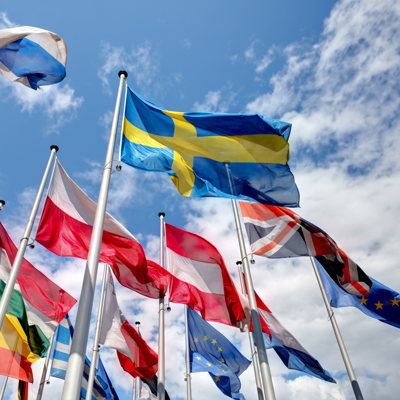Devolved administrations should have clear role in international trade negotiations
Involving the UK’s devolved administrations on a formal basis should be part of post-Brexit trade negotiations according to the Law Society of Scotland.
In its consultation response to the House of Commons International Trade Committee’s UK Trade Policy Transparency and Scrutiny inquiry, the Law Society has said there should be a ‘whole of government’ approach on the UK’s future trade policy, particularly where international agreements would have an impact on devolved areas.
The Law Society has also suggested that the UK’s withdrawal from the EU has created an opportunity to review and, where appropriate, reform existing UK procedures for negotiating international trade agreements. It has urged the UK Government to engage with the devolved legislatures in order to create a comprehensive and inclusive trade policy and has set out a number of potential options which could inform discussions, ranging from a memorandum of understanding between the UK Government and the devolved administrations to installing a formal requirement of consent from the devolved administrations.
Charles Mullin, convener of the Law Society of Scotland’s Constitutional Law Committee, said: “We think that determining the UK’s position on international trade demands a whole of government approach, alongside effective stakeholder engagement. In this context ‘whole of government’ should be interpreted as including the UK Government, the Scottish Government, the Northern Ireland Executive and the Welsh Government.
“A number of areas which will return to the UK post-Brexit, coincide with areas of law where competence has been devolved. For example, inshore fisheries, agriculture and the environment have all been legislated on by the Scottish Parliament and are all areas which are likely to be affected by any future trade agreements. We’re aware that the UK Government’s intention, as expressed in the White Paper on the future relationship between the UK and the EU, is for rules for agrifood to be legislated by the UK Parliament and the devolved legislatures, while fisheries negotiations would include representatives of the devolved administrations.
“We consider that trade policy documents, including negotiation texts, should be made available to parliamentarians, both in Westminster and the devolved legislatures, to enhance transparency, facilitate scrutiny and strengthen democratic accountability.
“Rather than seek to engage with devolved administrations on an ad hoc basis, we hope that the discussions emanating from publication of the White Paper will lead to a formal structure being put in place to enable collaborative trade policy formulation and ensure ongoing engagement throughout the negotiation process.”
International
Our responses in the area of International law.

